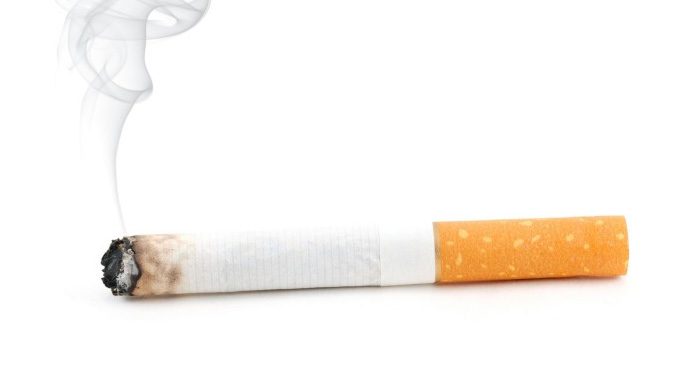Smoking Damages DNA And Causes Cancer Throughout The Body

Researchers of the “Mutational signatures associated with tobacco smoking in human cancer” study determined smoking tobacco increases the risk of at least 17 classes of human cancer.[1] Smoking tobacco is highly carcinogenic, consisting of over 60 carcinogenic chemical compounds.
The highly dangerous nature of tobacco smoke claims the lives of over 6 million people every year. The carcinogens in tobacco smoke binds to DNA in lung tissue directly exposed to tobacco smoke, and also mutates tissue not directly exposed to the smoke.
The researchers determined that tissues in the bladder of smokers showed increased levels of DNA damage due the carcinogens in tobacco smoke.
The mutational signatures or patterns of modifications to DNA caused by exposure to carcinogens found in tobacco smoke varied in different tissues.
The researchers found that smoking a packet of cigarettes a day led to:
- 150 mutations in each lung cell every year
- 97 in the larynx or voice box
- 23 in the mouth
- 18 in the bladder
- 6 in the liver
The increased numbers of mutations contributes to increased cancer risk, and the risk is increased in smokers versus nonsmokers with lung, larynx, mouth, bladder, and liver cancer.
Each number of mutation signature found results in a separate chance for cancer to develop.






